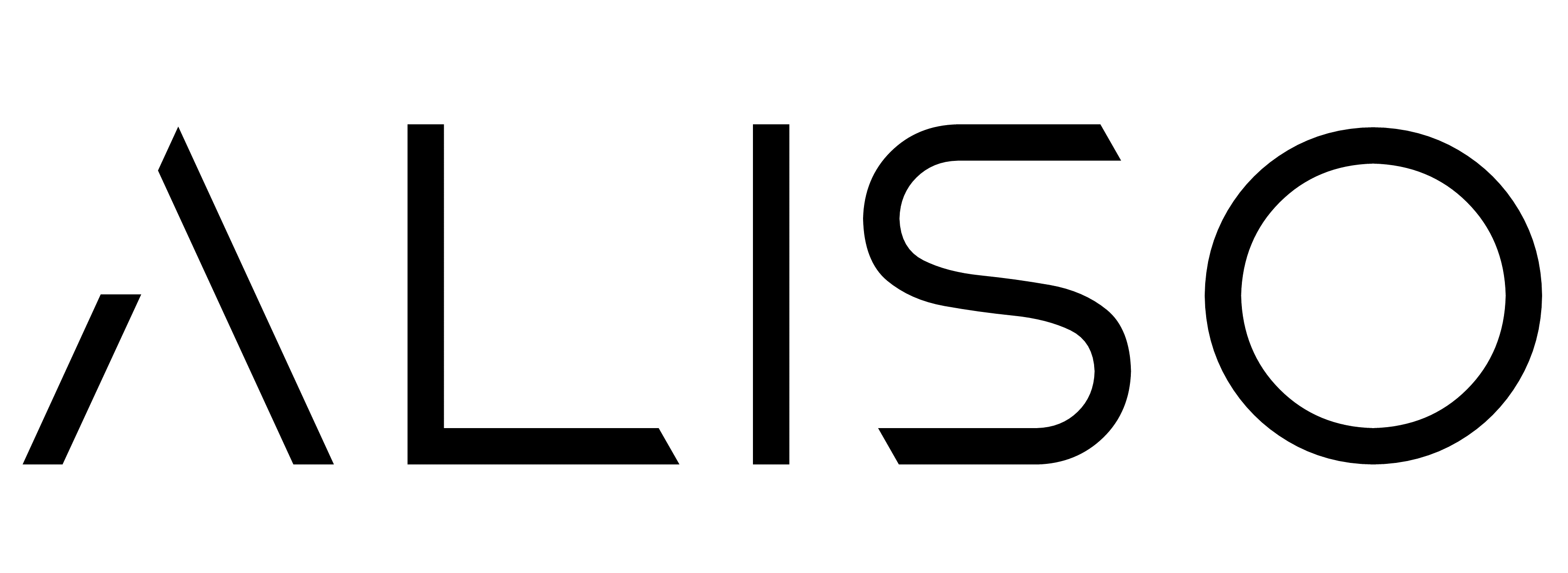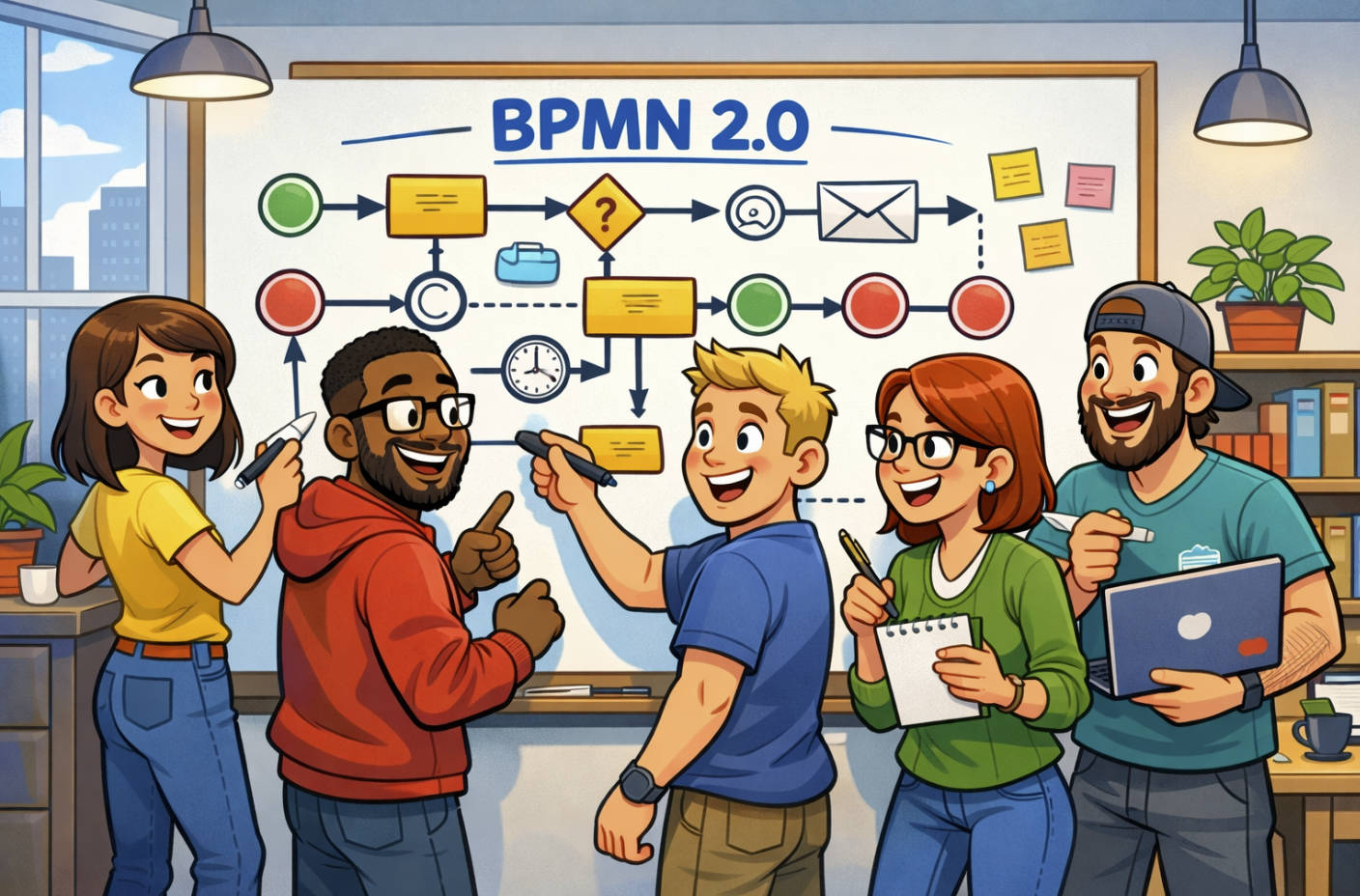Working from home has its fair share of challenges, but when it comes to avoiding distractions, it’s far better than the office.
The number of distractions in a typical office can make it hard to focus, let alone get meaningful work done.
Offices are often seen as places where collaboration and productivity thrive, but the reality is often very different.
Office Distractions Add Up
One of the biggest challenges of working in an office is the constant noise.
Studies show that open-plan offices can reduce productivity by up to 15%.
Phones ringing, conversations happening nearby, or someone talking too loudly on a Zoom call can all pull your focus away from the task at hand.
Then there are the interruptions.
Research by the University of California, Irvine, found that it takes an average of 23 minutes and 15 seconds to refocus after being interrupted.
You might be in the middle of something important when a coworker stops by your desk for a quick chat or to ask a question.
Even small interruptions like this can break your flow, making it harder to get back on track.
Meetings are another issue.
Some are necessary, but many could be handled with a quick email or a message.
Employees spend an average of 31 hours per month in unproductive meetings, according to a report by Atlassian.
Office politics and social dynamics can also create distractions.
There’s the pressure to join conversations in the break room or respond to every “urgent” email, even when it’s not really urgent.
Even things like the office layout can play a role.
Open-plan offices, for example, are notorious for being noisy and full of distractions.
The lack of privacy and personal space makes it hard to concentrate, especially on tasks that require deep thinking.
Why Working from Home Works Better
At home, you have more control over your environment.
You can create a space that works for you, whether that’s a quiet room or a comfortable spot by the window.
There are no coworkers stopping by your desk or talking loudly nearby.
A survey by FlexJobs found that 51% of remote workers say they are more productive at home because there are fewer distractions.
You can work uninterrupted for longer periods, which is especially important for tasks that need focus and creativity.
You can also set your own schedule.
If you’re most productive in the morning, you can start earlier.
If you work better later in the day, you can adjust your schedule to match your energy levels.
At home, there are fewer meetings and less office chatter to deal with.
Online meetings are often shorter and more to the point, which means you get more of your day back.
And because you’re not commuting, you save time and start your day feeling fresher and less rushed.
On average, remote workers save 72 minutes a day by avoiding commutes, according to a study by the National Bureau of Economic Research.
But What About Home Distractions?
It’s true that working from home comes with its own challenges.
Family members, pets, or household chores can pull your attention away.
But these distractions are often easier to manage because you have more control over your environment and schedule.
You can set boundaries with family, take breaks when you need to, and minimise interruptions in ways that aren’t possible in an office.
The Bottom Line
Working from home allows people to focus on what matters without the constant distractions of an office.
It’s not about avoiding work, but about creating an environment where meaningful work can actually happen.
Fewer interruptions, more control over your day, and the ability to work in a way that suits you make working from home the better choice for getting things done.
If businesses want real productivity, they should consider the benefits of allowing employees to work from home.
With fewer distractions and more time to focus, it’s better for employees and better for results.






